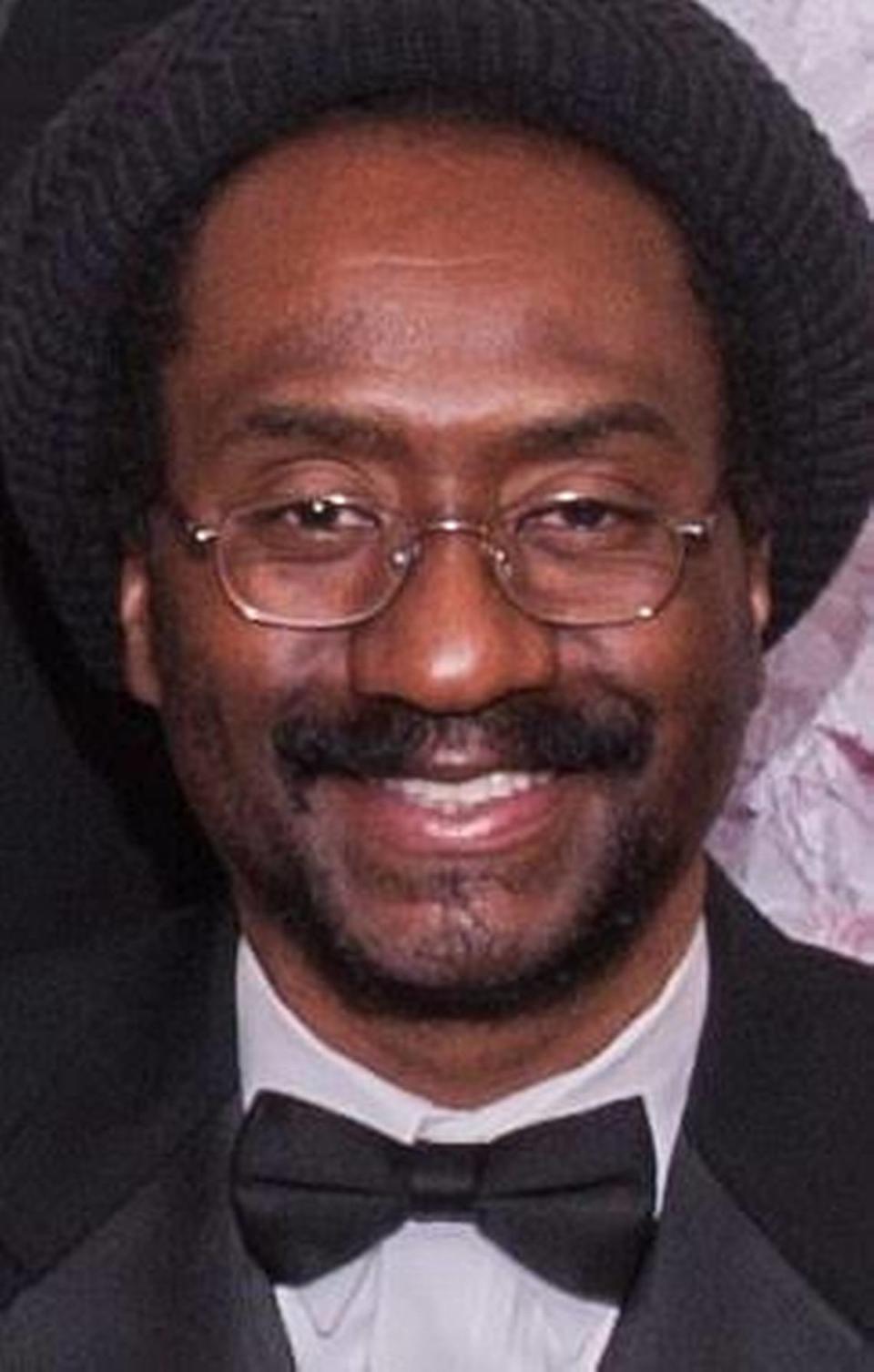Is there a way to end the war in Ukraine? History might have the answer| Opinion
Abraham Maslow argued, “It is tempting, if the only tool you have is a hammer, to treat everything as if it were a nail.” The war in Ukraine may be a dangerous case in point.
With Volodymyr Zelenskyy’s vow to fight to the bitter end, viewing a military approach as the optimal response is tempting. Still, history offers a cautionary tale on the use of force.
In the aftermath of WW II, the Soviet Union cast a shadow over the beleaguered democracies, having previously occupied the formerly independent countries of Eastern Europe, but the allies chose not to intervene.
Under the leadership of the United States, NATO was born and the countries of the alliance invested in their mutual defense to deter further Russian aggression.
The U.S. nuclear umbrella ensured that an attack on any member would guarantee a retaliatory response, but perhaps most important was the soft power the West wielded as a beacon of freedom. Denied fundamental civil liberties, countless Soviet citizens joined the flood of dissidents when the U.S. and its allies offered political asylum to anyone willing to defect to the West.
Russia and its satellites were also excluded from trade with the wealthier, more prosperous democracies. With tighter sanctions, chronic shortages became a staple of Soviet life. As everyday citizens learned of the higher standard of living on the other side of the wall, many risked life and limb to gain their freedom in the West. Others took up arms and, like Ukraine today, attempted to forge an independent path free of Russian rule.
Notable examples include Hungary in 1956 and Czechoslovakia in 1968. The old newsreels from the period echo Zelenskyy’s desperate appeal for assistance as Russian tanks invaded, but supplying weapons was not a line NATO was willing to cross.
As with the Soviet crackdown on the Hungarian Revolution more than a decade earlier, the Western powers did not actively support the Czechs in their “Prague Spring” because NATO’s Article 5 commitment does not apply to non-NATO countries.
Our Cold War predecessors also understood that confrontation with Russia would be unwise when nuclear weapons were on the table. Less than a quarter of a century later, the wall came down, the Soviet system collapsed, and the Cold War ended without the West having to fire a shot.
The Soviet republics and surrounding satellite states peacefully declared their independence, demonstrating that the people of Eastern Europe can be truly free only when the people of Russia are free.
The lessons from this period are threefold.
First, political objectives can be achieved without military force. They may take longer, but they cost less in blood and treasure. Second, economic sanctions can take a toll on a country and undermine morale over time. As people see their friends and family enjoying the fruits of a free society in neighboring countries, they will choose to join them.
Finally, political asylum will encourage oppressed people to flee. Not only will many Russian citizens defect, but Russian soldiers in Ukraine may surrenderen masse if they are offered amnesty. This could do more to end the war than another round of munitions.
Zelenskyy’s perseverance is reminiscent of Gen. Douglas MacArthur’s strategic retreat from the Philippines in the wake of Japan’s invasion. MacArthur vowed, “I shall return,” and return he did when the balance of power shifted nearly three years later.
Zelenskyy would do well to follow MacArthur’s lead and preside over a provisional government in exile until the arc of justice bends towards freedom and he, too, can return victorious.
The choice is clear: we can learn from the past or condemn another generation to the stalemate and bloodbath Europe has not seen since the trenches of WW I. With history as our guide, we can resist the temptation to wield the heavy hammer of our military might when the most excellent tool in our arsenal is the power of our ideals.
Ricardo Richards holds a doctorate in international relations from Cambridge University. He teaches sociology, American government and international relations at Miami Dade College.


